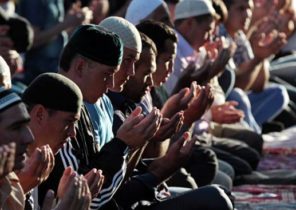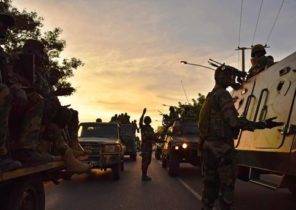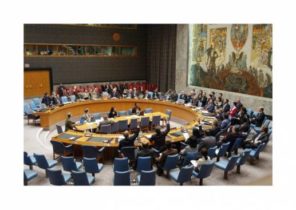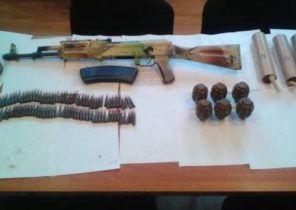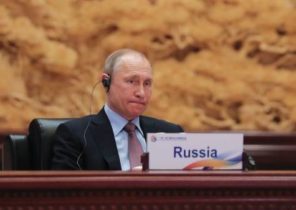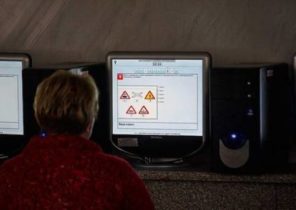
On Sunday, the Puerto Ricans voted for annexation of their country to the United States. We are talking about is the fifth referendum on the issue since the country gained its status as a free associated state in 1952.
On Sunday, the Puerto Ricans voted for their island to become the 51st US state. This Advisory referendum was marked by a strong absence, and the implementation of the decision in any case will require difficult negotiations with Washington. According to the government, the prospect of turning the state into a full-fledged state of the USA was supported by 97% of the population, however, the site came only 23% of the 2.2 million registered voters.
The Governor of Puerto Rico Ricardo Rossello (Ricardo Rossello) led the campaign for this status: he considers it the key to economic development of the island, which pull the bottom of the debt at $ 72 billion, a 45% poverty, an inefficient school system and on the verge of bankruptcy, health care and pension Fund. “Starting today, the Federal government can no longer ignore the voice of the majority of the American citizens of Puerto Rico, said in his press release. — It would be very strange that Washington’s call for democracy in other parts of the world, but responds with silence to the legitimate right to self-determination, which was used today on American soil in Puerto Rico.”
At the same time, about 500 people held in the capital San Juan a demonstration demanding separation from the United States: they waved the Puerto Rican flag and burned the American. “It’s a phony referendum. The future for independence. We should have the right to decide our fate,” said one of the organizers of the March Labem Liliana (Liliana Laboy).
The crisis of the state
Former Spanish colony, Puerto Rico has achieved in 1952, the special status of “unincorporated organized territory” of the United States. The Parliament and the government lack independence, and residents enjoy American citizenship and the right to travel throughout the United States. The US President is the official leader of the Puerto Rican Executive power, however, the population of the island cannot vote in its elections. A revision of this status now has not attracted the attention of the people unlike the previous vote in 2012. Puerto Ricans and especially the youth (she took to the streets and for several days blocking the universities) are more concerned about the catastrophic situation in the economy. By the way, a special relationship with the United States are largely the cause of this unprecedented collapse.
The beginning of the recession associated with the decision of the American government, which in 2006 abolished the tax incentives for Puerto Rico (they are very valued businesses and wealthy citizens). Uvyazovskoe in perennial crisis, the Puerto Rican government launched in early may of bankruptcy, the largest of its kind in America. Because of the crisis, the population gradually moved to the USA, where the Puerto Rican community already exceeds the number of people the population of the island.
A referendum in a tense situation
Debt $ 72 billion forced the government to take serious budget cuts, especially in the public sector. These measures (Washington supports them) cause new protests in the capital. Students took to the streets after the government approved cuts in education. Some have even expressed doubts about the legitimacy of the debt and call US “colonial dictatorship”.
Puerto Rican authorities seem completely powerless against the background caused by another plan limit people’s anger, however, the economic Advisor to the government of Christian Sobrino (Sobrino Christian) is optimistic. He’s waiting for the stabilization of the situation in four years thanks to the private tourism sector.
Anyway, the last decision of President trump, who opposed government subsidies of Puerto Rico and is planning budget cuts of health and welfare does not improve the precarious situation of the state system. If in fact the process of joining the USA to change for the better relations, says Ricardo Rossello?
In this tense climate, many Puerto Ricans boycotted the referendum out of fear that their cultural identity will disappear in the stars and stripes. “Make to listen to yourself,” say the supporters of accession. “Lose autonomy, language and culture”, — says the leader of the popular democratic party, Hector Ferrer (Héctor Ferrer). These are two approaches to changing the status of the island.
